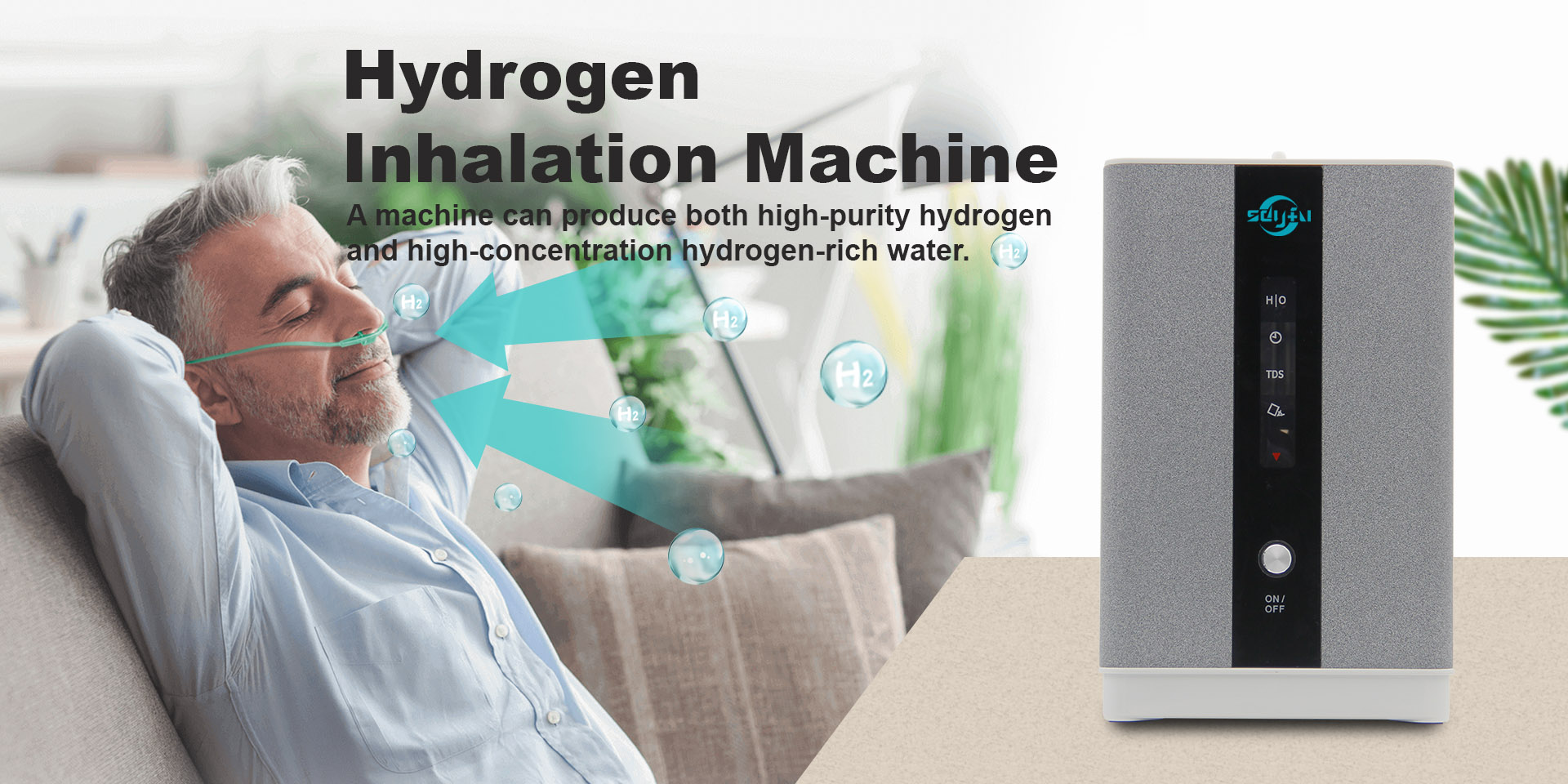Does hydrogen really have a hangover effect?
Mar 11,2021.
Drinking is a human cultural phenomenon, it is impossible and unnecessary to completely prohibit it, so a more reasonable suggestion is to drink in moderation. But the harm of drinking to the body is objective, what should be done? I think we can properly consider taking some measures to alleviate and combat the harm caused by drinking. The research of hydrogen against the harm of alcohol has become a scientific issue worthy of discussion.
Drinking alcohol is most likely to cause liver damage, because after drinking, it is absorbed through the digestive tract and collected through the portal vein to the liver, where it undergoes metabolic detoxification. Under the catalysis of alcohol dehydrogenase, ethanol turns into acetaldehyde, which causes cytotoxicity and alcohol. An important factor in post-discomfort. Acetaldehyde can be turned into acetic acid under the catalysis of aldehyde dehydrogenase, which is the main component of vinegar and does not harm human cells. However, some people have relatively low aldehyde dehydrogenase activity and high acetaldehyde concentration after drinking, which makes them very easy to get drunk, and the damage of drinking is relatively large. Therefore, the amount of alcohol is different for everyone, and the harm to the body after drinking is also different.
The damage of alcohol and acetaldehyde to cells after drinking can also cause oxidative stress and inflammation. This provides theoretical possibility for hydrogen to fight against the damage of drinking. Does hydrogen use have the effect of reducing the harm of drinking? In other words, whether hydrogen can hangover, this is a question worth studying. Recently, Dr. Zhang Yaxing from Zhongshan Medical University in Guangzhou published a research paper about hydrogen hangover.
The study observed the preventive effect of alcohol-induced acute liver injury in mice through intraperitoneal injection of hydrogen. 1.0 ml/100 g body weight was injected intraperitoneally every day for 4 consecutive days. On the fourth day, the mice were fasted for 5.5 hours and then received hydrogen injection. 30 minutes after hydrogen injection, the mice were given 4.5 g/kg body weight of alcohol by gavage, once in 20 minutes, four times were completed. That is, it took 1 hour for the mice to drink 4.5 g/kg body weight of wine. Blood and liver tissues were collected 16 hours after gavage. An automatic clinical analyzer was used to detect serum alanine aminotransferase (ALT), aspartate aminotransferase (AST), triglyceride and total cholesterol (TC) levels. Western blotting detects liver JNK activity and GAPDH level.
Results It was observed that acute ethanol gavage caused liver damage, and the serum ALT and AST levels were significantly increased. After the first ethanol gavage for 16 hours, hydrogen gas could effectively reduce the serum ALT and AST levels. In addition, compared with the alcohol group, the hydrogen group reduced the serum total cholesterol level of the alcohol+H2 group. In terms of mechanism, hydrogen gas can attenuate liver JNK phosphorylation induced by acute intragastric ethanol. The results of the study show that intraperitoneal injection of exogenous hydrogen can alleviate acute alcoholic liver injury by inhibiting the activation of liver JNK, which may be a new treatment strategy for alcohol-induced liver injury.
Of course, for humans, there is no need to inject hydrogen into the abdominal cavity, and you can drink hydrogen rich water or inhale hydrogen, which is equivalent from the perspective of hydrogen dosage. Therefore, it can be said that hydrogen has the effect of alleviating acute alcohol liver toxicity, or hydrogen has the function of anti-alcoholism. Judging from the research summary, the shortcoming of the research is that it did not analyze the blood alcohol concentration, which is not ideal for the research on the problem of hangover. In addition, the indicators related to liver inflammation and oxidative damage should also be analyzed, because this is necessary to explain the effect of hydrogen.

